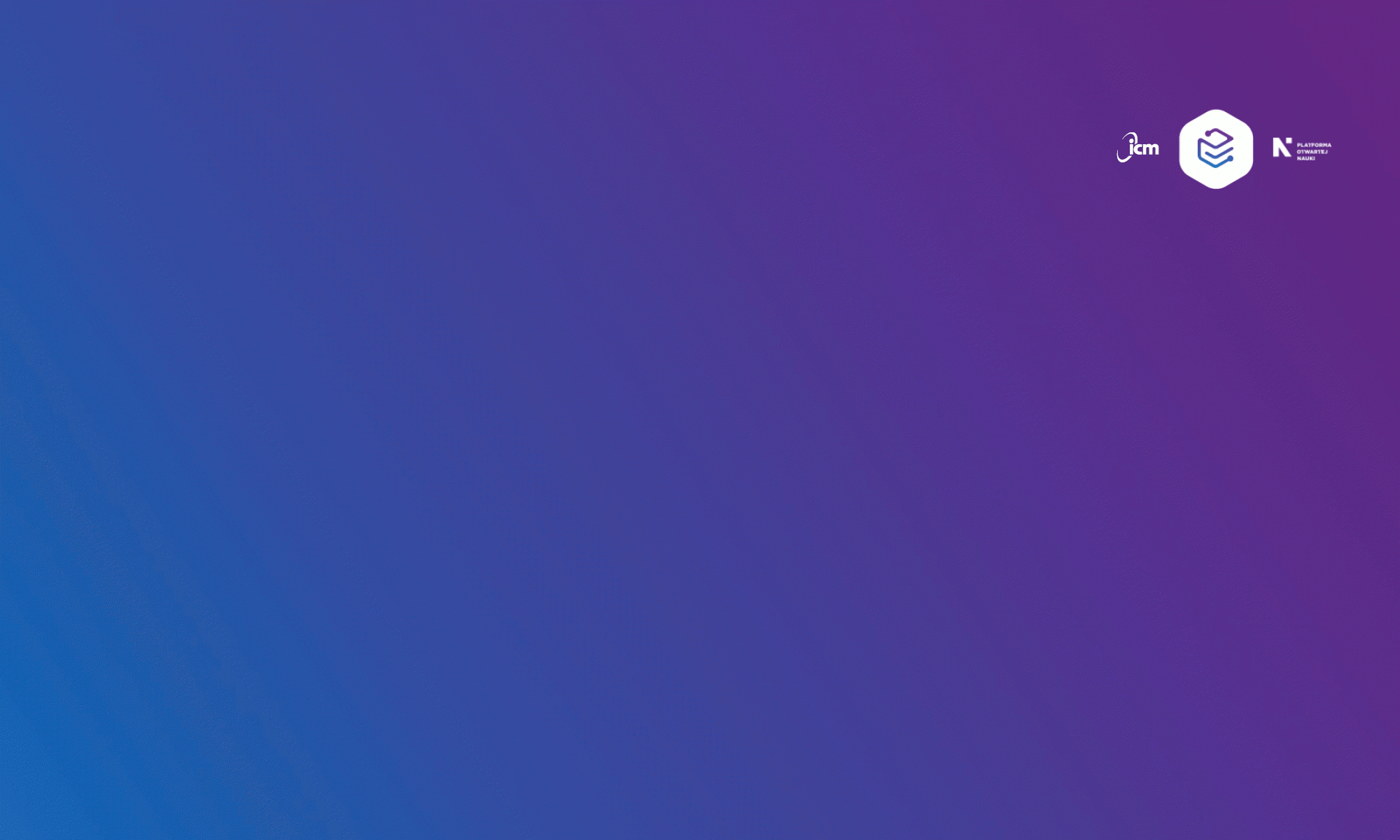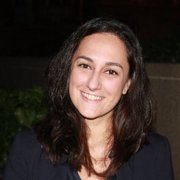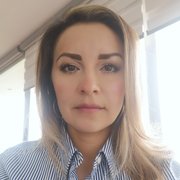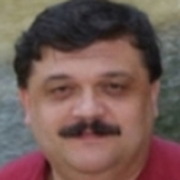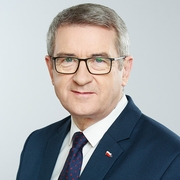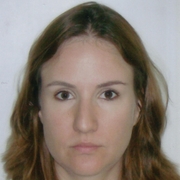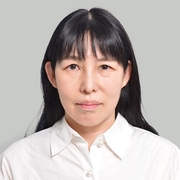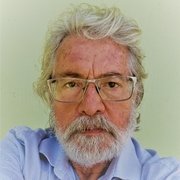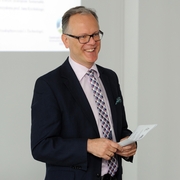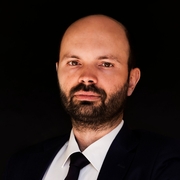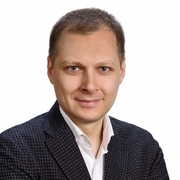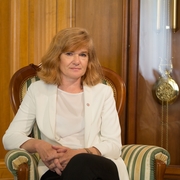Over 320 people from around the world participated in the launch event of the Library of Science ((https://bibliotekanauki.pl).
An introductory speech was given by Dr Marek Michalewicz, director of ICM UW, who presented the unit’s activities in the field of open science and the contribution of the ICM Open Science Platform team to the development of infrastructure and resources of the Library of Science.
Dr Krzysztof Siewicz, the project coordinator, presented the new platform, its operating model and its place in the scientific communication system in Poland. The Library of Science provides full-text publications of journals and books. Thanks to the application of appropriate technical standards, publications made available on the platform are highly visible in search results in popular search engines and thus easily accessible to all interested parties.
Currently, the total number of articles with associated metadata available in the Library of Science exceeds 377,000. On its Website you can find publications from 1,441 scientific journals, as well as books. The resources cover all areas of knowledge and are constantly developed.
The European Commission policy on Open Science
The next speech addressed the open science policy adopted by the European Commission. Alea López de San Román González, a member of the Open Science team at the European Commission’s Directorate-General for Research and Innovation, discussed the Horizon Europe requirements for the open sharing of research results, both publications and research data. The speaker drew attention to the benefits of implementing an open model of scientific communication, such as improving the quality and effectiveness of research, increasing creativity and facilitating cooperation, or increasing public confidence in science.
The recently launched Open Research Europe (ORE) publishing platform was also presented, which enables the open publication of articles presenting the results of research conducted under the Horizon 2020 and Horizon Europe programs, as well as the European Open Science Cloud (EOSC) initiative aimed at creating an ecosystem linking various services and tools for conducting research and collecting, exchanging and sharing research results.
In conclusion to her speech, Alea López de San Román González emphasized the need to change the system for evaluating the quality of scientific activity and to implement a model based on cooperation and open science.
Panel Discussion “Open Access to scientific literature as an element of science policy in Poland – current state and prospects “
During the inauguration, two discussion panels took place. The first one, moderated by Jakub Szprot (ICM UW), was attended by the representatives of Polish scientific institutions and the Ministry of Education and Science: Prof. Zbigniew Błocki (National Science Center), Prof. Paweł Rowiński (Polish Academy of Sciences), Prof. Elżbieta Żądzińska (Conference of Rectors of Academic Schools in Poland), Miłosz Rojek and Piotr Krasiński (Ministry of Education and Science).
Discussions concerned the place and role of open access in science policy in Poland, sources of financing OA publications, especially in the diamond model of open access publishing, which is widely used in Poland. Moreover, the panelists raised the issues related to the evaluation of the quality of research and the journals themselves, indicated the directions of development of the scientific journals market in Poland and emphasized the importance of international cooperation in the development of science.
Moreover, the services and tools for implementing open access in Poland were discussed, including the Library of Science, as well as activities in the field of promoting open science and supporting researchers in open sharing of research results.
Discussion Panel “Open Access to scientific literature around the world – exchange of experiences”
In the next discussion panel, devoted to the issues of opening up access to scientific literature around the world, experiences in these fields were presented by speakers involved in the construction of local infrastructures for scientific journals. The main goal of presented platforms is to increase the visibility of journals and to support publishers in making their publications available openly, taking into account technical standards and solutions facilitating scientific communication.
Susan Murray from AJOL (African Journals OnLine) spoke about the open platform of journals published in African countries, which currently provides access to 527 journals from 34 countries and offers permanent and safe storage, and the possibility of assigning persistent identifiers to articles. The AJOL team also conducts training for publishers and editors and provides support for the users of the platform.
Then Miroslav Milinović introduced HRČAK, the Portal of Croatian Scientific and Professional Journals, which supports publishers and editorial offices in making their publications openly available. The website’s resources currently include over 500 titles and over 240,000 open access articles. The website uses a number of solutions that help to combine information about research results, such as persistent identifiers or metadata indicating for example t the source of funding.
Arianna Becerril García from Redalyc, the Mexican open access library of scientific publications, discussed the platform’s operation in the context of the global scientific communication system and the challenges faced by institutions involved in the promotion of open science. Redalyc, like the other platforms presented, aims to support non-commercial publishing models as well as sustainable development and bibliodiversity. Currently, the platform provides access to approximately 719,000 full-text articles from 1,420 journals from 31 countries.
Ritsuko Nakajima presented J-STAGE, an electronic journal platform for science and technology information in Japan, which aims to increase the visibility of journals and promotes open access. The website is used by over 1,850 publishers. The resources of the platform include over 5 million articles from 3,262 journals, of which over 85% are open access.
The last speaker at the event was Abel L Packer, representing SciELO (Scientific Electronic Library Online) that collects scientific literature from Latin America and the Caribbean, Spain, Portugal and South Africa. SciELO includes both scientific journals (about 1,300 active journals in total), as well as books, preprints and research data.
During the presentation and discussion, an operating model for platforms was discussed, both in the financial, organizational, and technical dimensions, which includes, among others, the method of adding data and metadata, the scope of collected information, and statistics or technical standards ensuring the availability and visibility of resources. Local conditions relevant to the implementation of open access, platform development plans and the challenges they face were also discussed.
